Have you ever experienced a moment that feels eerily familiar, as if you’ve experienced it before? Let’s delve into the psychology of deja vu and explore this intriguing realm, where the mind’s perception of familiarity sparks curiosity and prompts the exploration of memory and consciousness.
Déjà Vu is a perplexing phenomenon that has fascinated scientists, psychologists, and the general public for centuries. So join us as we embark on a journey into the depths of the phenomenon of déjà vu, exploring what it is, what triggers deja vu, and how does déjà vu happen.
What is Déjà Vu?
Déjà vu is a French term that translates to “already seen.” It refers to the sensation of familiarity in a current experience that seems to defy logical explanation.
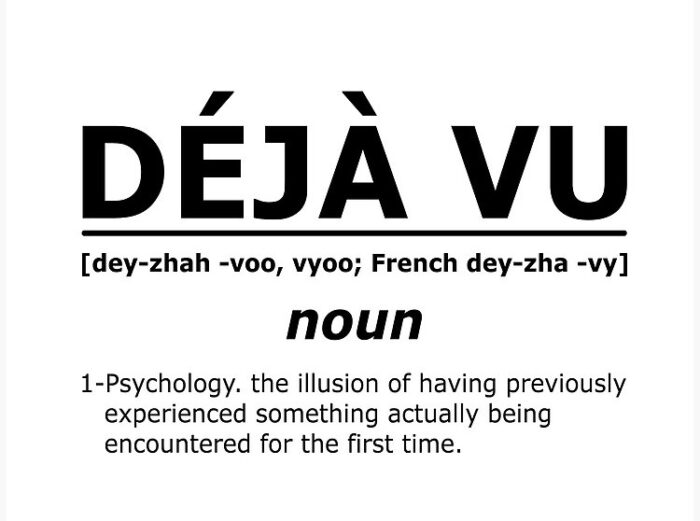
So exactly what is deja vu? It is a psychological phenomenon characterized by the eerie sensation of experiencing a situation or event as if it has been previously encountered, even though it is happening for the first time. It involves a sense of familiarity that cannot be explained by memory.
It’s as if you’re reliving a moment from the past, even though you know you have not experienced it before. Déjà vu can manifest in varying degrees, from fleeting sensations to intense and prolonged episodes that leave a lasting impression.
Related: Understanding Deja Vu: The Mystery of Time Explained
Psychology of Déjà Vu: Understanding the Truth Behind the Phenomenon of Déjà Vu
The psychology behind déjà vu is a subject of ongoing research and debate among psychologists and neuroscientists. The phenomenon of déjà vu encompasses various cognitive processes, including memory consolidation, reconstruction, false recognition, source monitoring, emotional significance, and metacognitive awareness.
Several theories attempt to explain this intriguing phenomenon:
1. Dual-Processing Theory
According to this theory, déjà vu occurs when there is a temporary disconnection or misalignment between two cognitive processes: familiarity and recollection.
Your brain recognizes the current situation as familiar, triggering a sense of déjà vu, but simultaneously fails to retrieve the specific memory associated with it.
2. Memory Mismatch Theory
This theory suggests that déjà vu arises when there is a mismatch between the sensory information your brain receives and the way it is processed and stored.
The brain, perceiving similarities between the current experience and a stored memory, mistakenly interprets it as a past event, leading to the feeling of déjà vu.
3. Hologram Theory
The hologram theory postulates that déjà vu is a result of the brain’s attempt to reconcile conflicting information from various sensory inputs.
When these inputs align with a stored memory, it creates a sense of familiarity, even though the memory itself may not be consciously accessible.
4. Memory Consolidation and Reconstruction
The psychology of deja vu may be linked to the intricate processes of memory consolidation and reconstruction in the brain. When we experience an event, our brain processes and stores the information, creating a memory.
During the recall of that memory, the brain reconstructs the event based on fragments of stored information. It is possible that déjà vu occurs when the brain mistakenly reconstructs a current experience using fragments of memories that are similar but not identical.
5. Familiarity and False Recognition
The feeling of familiarity associated with déjà vu can be attributed to a cognitive process called false recognition. False recognition occurs when we mistakenly perceive something as familiar, even though we have never encountered it before.
This cognitive bias can lead to the illusion of déjà vu, as the brain misinterprets the current situation as a previously experienced event.
Related: What Is Déjà Rêvé? Why It Is Creepier Than Déjà Vu
6. Source Monitoring Errors
Source monitoring refers to the cognitive process of attributing the source of a memory or experience. The phenomenon of déjà vu may arise from source monitoring errors, where the brain misattributes the source of the familiarity experienced in a current situation.
For example, you may encounter a person who strongly resembles someone you have seen before, leading to a sense of déjà vu, even though the two individuals are unrelated.
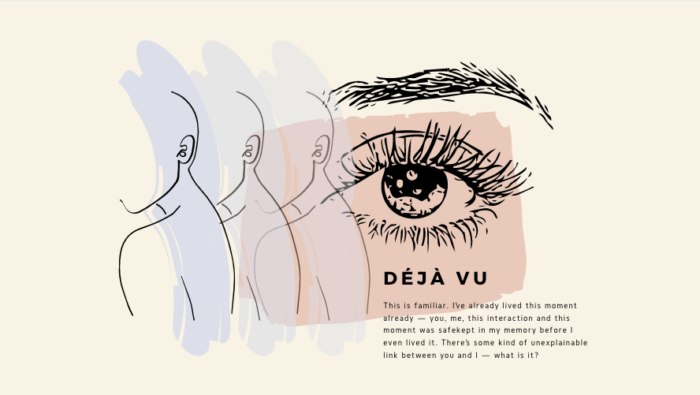
7. Emotional Significance
Emotional arousal and significance may play a role in the occurrence of déjà vu. Studies have shown that emotionally charged events are more likely to be remembered and recognized as familiar.
Therefore, heightened emotions in a current situation can increase the likelihood of experiencing déjà vu, as the brain attaches a sense of familiarity to the event due to its emotional impact.
8. Neurological Correlates
Neuroimaging studies have provided insights into the neurological correlates of déjà vu. Research suggests that déjà vu may involve the activation of brain regions associated with memory retrieval, such as the hippocampus and prefrontal cortex.
Additionally, abnormalities in the temporal lobe, which is involved in memory processing, have been observed in individuals who frequently experience déjà vu.
9. Metacognitive Awareness
Metacognition refers to our ability to reflect on and be aware of our own cognitive processes. Déjà vu offers a unique opportunity for metacognitive awareness, as we become conscious of the discrepancy between our subjective feeling of familiarity and the objective reality of the situation.
This introspective experience can spark curiosity and self-reflection, further fueling the interest in understanding the psychology of déjà vu.
While the exact mechanisms behind déjà vu remain elusive, researchers continue to explore these factors to unravel the mysteries of this intriguing experience.
By understanding what is deja vu and delving into the psychology of deja vu, we gain a deeper understanding of the complexities of human cognition and the fascinating ways in which our minds construct and interpret the world around us.
What Triggers Déjà Vu?
Wondering how does déjà vu happen? While we will get to that in a moment, let us first find out what factors trigger this experience.
The phenomenon of déjà vu can be triggered by a wide range of stimuli and situations. Some common triggers include:
1. Novel Environments
Being in a new or unfamiliar environment can increase the likelihood of experiencing déjà vu. Your brain may attempt to make sense of the current situation by drawing upon past memories that bear resemblance to the present context.
2. Fatigue and Stress
Fatigue and stress have been linked to an increased frequency of déjà vu occurrences. These states may alter the brain’s processing of incoming information, leading to heightened sensitivity and a greater likelihood of experiencing familiar sensations.
3. Neural Hyperactivity
Certain neurological conditions, such as temporal lobe epilepsy, have been associated with an increased incidence of déjà vu. It is believed that abnormal electrical activity in the brain’s temporal lobe can trigger déjà vu episodes. This is what triggers deja vu.
Related: The Spiritual Meaning Of Déjà Vu: A Leap Across Time And Reality
4. Attentional Lapses
Déjà vu may be triggered by momentary lapses in attention. When our attention drifts or momentarily disengages from the present moment, there can be a temporary disruption in our perception of time and the continuity of our experiences.
This lapse in attention can create a sense of familiarity when attention is regained, leading to the perception of déjà vu.
5. Similarity to Past Experiences
Déjà vu can be triggered by the presence of elements or situations that bear resemblance to past experiences. For example, encountering a person with a striking resemblance to someone you have previously known or visiting a place that shares similarities with a location from your past can evoke a feeling of déjà vu.
These similarities act as cues that trigger the retrieval of related memories, contributing to the déjà vu experience, as per the psychology of deja vu.
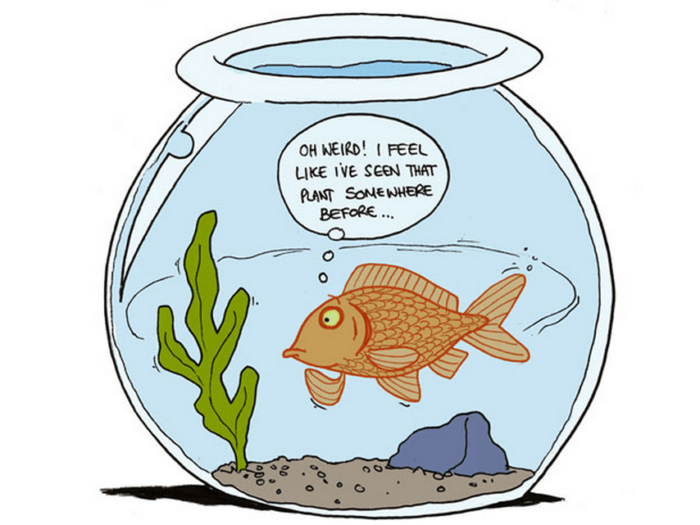
6. Dream-Like States
Déjà vu can be triggered by experiences that resemble the characteristics of dreams. Dreams often involve surreal or disorienting elements, and when we encounter similar elements in our waking life, it can evoke a sense of déjà vu.
This can occur when the brain tries to make sense of the overlap between dream-like experiences and real-world situations, leading to a feeling of familiarity.
7. Emotional Associations
Strong emotions or specific emotional associations can act as triggers for déjà vu. For instance, if a previous experience was accompanied by intense emotions, encountering a situation or stimulus that shares similarities with that experience can activate the emotional memory and trigger a sense of déjà vu.
The emotional context serves as a powerful cue that connects the present experience with the past, creating a feeling of familiarity.
8. Mental Fatigue
Mental fatigue or cognitive overload can increase the likelihood of experiencing déjà vu. When our cognitive resources are depleted or strained, the brain’s ability to process and integrate information may be compromised.
This can lead to an altered perception of reality and an increased susceptibility to déjà vu-like experiences.
9. Priming Effects
Priming refers to the phenomenon where exposure to a stimulus influences our response to subsequent related stimuli. Déjà vu can be triggered by priming effects, where exposure to certain cues or information primes our brain to interpret subsequent experiences as familiar. This is the answer to what triggers deja vu.
10. Sleep Deprivation
Lack of sleep or disrupted sleep patterns can contribute to the occurrence of déjà vu. Sleep deprivation affects various cognitive processes, including attention, memory, and perception.
These alterations in cognitive functioning can heighten the likelihood of experiencing déjà vu by disrupting the brain’s ability to accurately process and interpret incoming information.
By understanding these triggers, we can better understand what is deja vu and gain further insights into the complex interplay between our cognitive processes and our subjective experiences of déjà vu.
Related: Simulation Or Reality? Fascinating Psychology Behind The Mandela Effect: 10 Mind-Bending Examples
How Does Déjà Vu Happen?
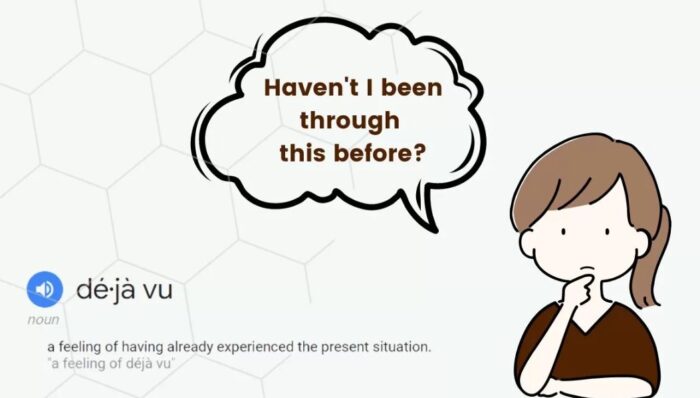
The precise mechanisms underlying the occurrence of déjà vu are still not fully understood. However, researchers have proposed several explanations:
1. Memory Retrieval Errors
According to the psychology of deja vu, this phenomenon may arise from errors in memory retrieval processes. When your brain attempts to recall a memory, it may mistakenly elicit a feeling of familiarity, leading to the illusion of reliving a past experience.
2. Sensory Processing Anomalies
Anomalies in sensory processing can contribute to the onset of déjà vu. When sensory information reaches the brain, it undergoes complex processing. If this processing is disrupted or distorted, it can result in the perception of a current experience as familiar.
3. Neurochemical and Neurological Factors
So how does déjà vu happen? Neurochemical imbalances, such as fluctuations in dopamine levels, have been proposed as potential contributors to déjà vu. Additionally, irregularities in neural pathways and connectivity within the brain may play a role in triggering this phenomenon.
Takeaway
The psychology of déjà vu continues to captivate researchers as they delve deeper into the mysteries of human cognition and memory. While we have made significant progress in understanding the triggers and mechanisms behind this enigmatic experience, there is still much to uncover.
Déjà vu serves as a reminder of the intricate workings of our minds and the complex interplay between memory, perception, and consciousness. So, the next time you find yourself caught in the web of déjà vu, take a moment to appreciate the fascinating depths of your own psyche.
Remember, the psychology of déjà vu invites us to explore the vast realms of human perception, reminding us that the mind is a wondrous landscape filled with endless surprises and mysteries yet to be unraveled.
Related: 6 Spiritual Truths That Even Scientists Are Finally Accepting
Frequently Asked Questions (FAQs):
What déjà vu actually means?
Déjà vu refers to the eerie feeling of experiencing something as if it has happened before, despite it being new.
Is déjà vu real or an illusion?
Déjà vu is a real phenomenon, though its exact cause remains debated among psychologists and neuroscientists.
What is the mystery of déjà vu?
The mystery of déjà vu lies in its elusive nature, challenging scientists to unravel its cognitive and neurological mechanisms.
What is the meaning of do you get déjà vu?
Experiencing déjà vu involves feeling like a current event has been experienced before, despite lacking any recollection of it.




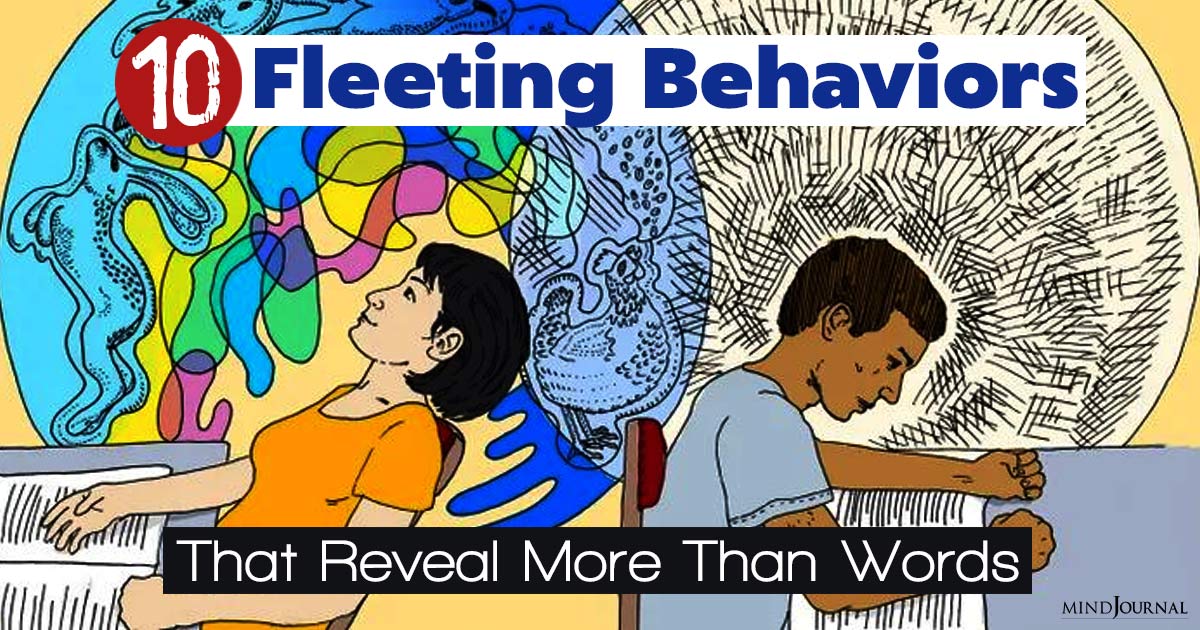
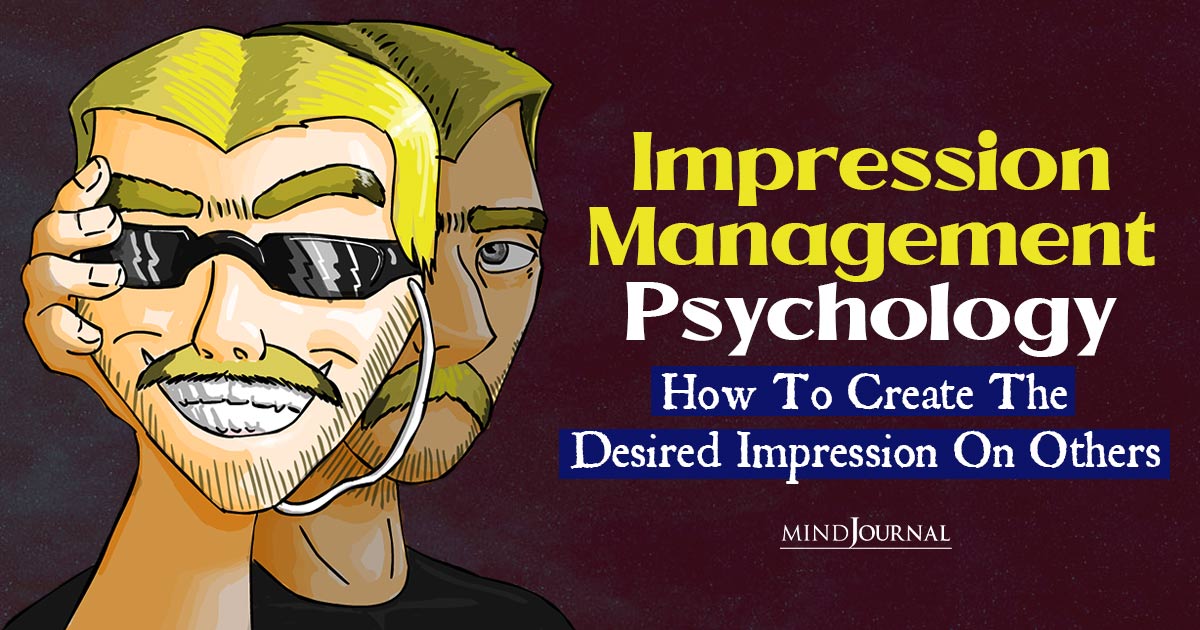
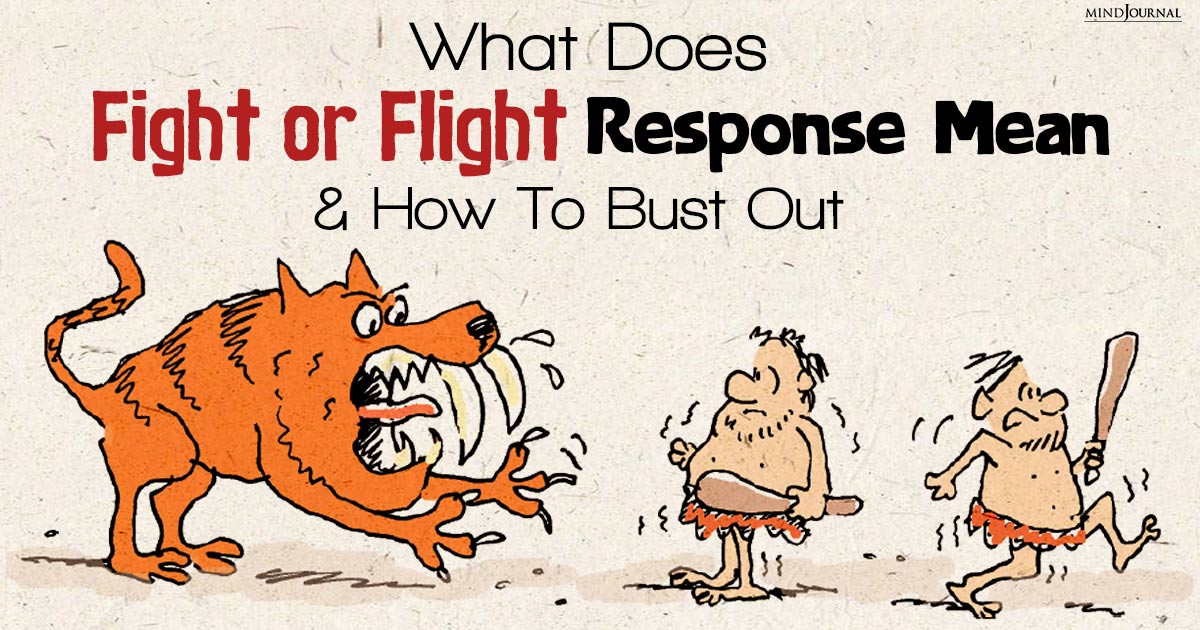
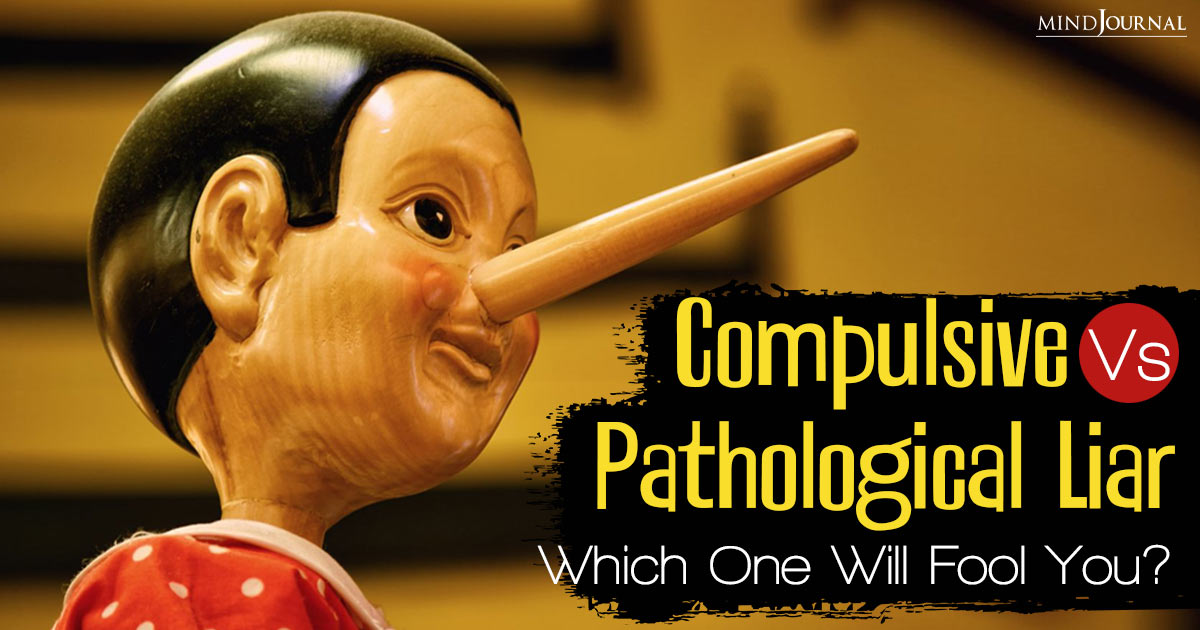

Leave a Reply
You must be logged in to post a comment.